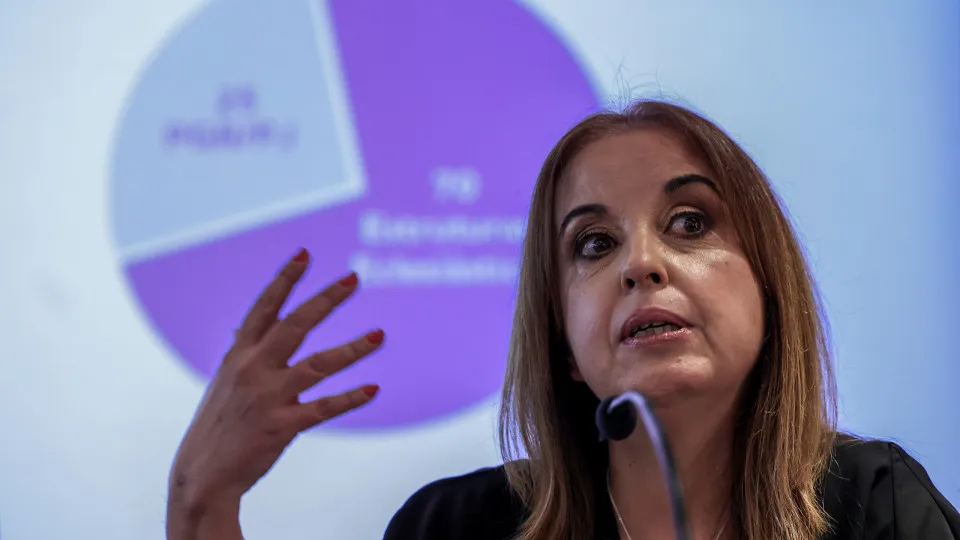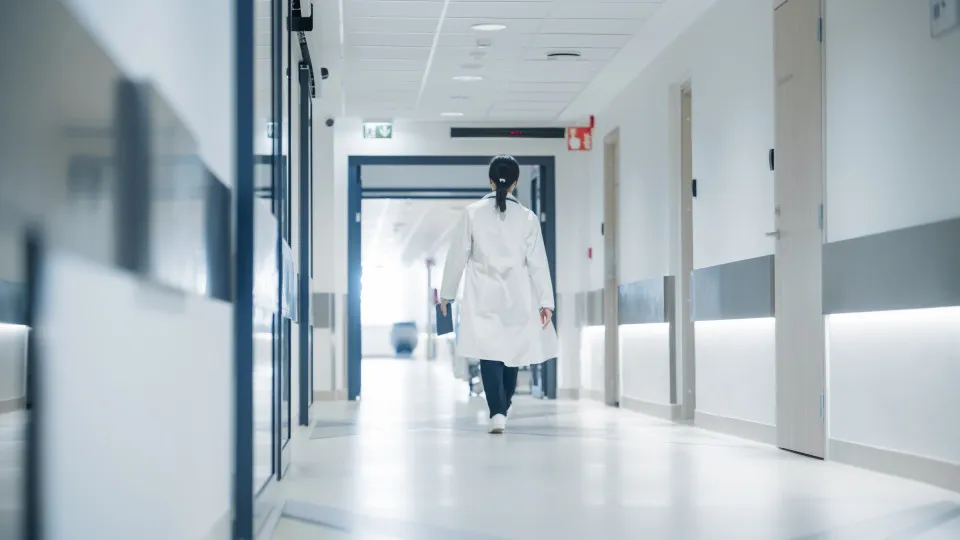Smartphones, or mobile phones with internet access, are now prohibited for students in the 1st and 2nd cycles of elementary education starting this academic year, meaning from September.
For the 3rd cycle, the rule is merely a recommendation to restrict smartphone use. However, the Ministry of Education announced on Monday, August 25, that schools may ban them if students share the same facilities with 2nd cycle students.
This option was proposed in an explanatory note released yesterday about how to implement the new rules and recommendations sent to schools.
In the document, the Ministry of Education advises considering the extension of smartphone prohibition to 3rd cycle students who “share school facilities” with 2nd cycle students.
“This solution, which is an operational suggestion, would reinforce internal rule coherence, facilitate monitoring, and prevent contradictory messages,” the ministry justifies.
In secondary education, it is recommended that students themselves be involved in defining rules for responsible use.
Students are encouraged to participate in “creating rules for responsible use” of mobile phones or other internet-accessible devices on school grounds. The ministry suggests discussion forums, school assemblies, or student and teacher assemblies to “debate and agree on rules that can be integrated into the internal regulations”.
The Ministry of Education clarifies that the guidelines sent to schools stem from best practices expressed by the Center for Planning and Evaluation of Public Policies, “contributions received in meetings with school directors” and “a review of national literature”.
What are the exceptions?
Several exceptions are foreseen in the prohibition of mobile phones in schools. Foreign students who do not master Portuguese and require smartphones for support may continue to use them, as well as students with duly proven health needs.
The use of mobile phones is also allowed in a pedagogical context, such as in classes or study visits, provided it is authorized by the teacher.
On the other hand, mobile phones without internet access, known as dumbphones, are still allowed for communication with families.
Are there penalties for non-compliance?
Although the Ministry of Education has yet to announce penalties, the ministry suggests that schools “define applicable sanctions in case of rule violations,” advising that they adapt internal regulations to the new rules and legislation.
If smartphone use is prohibited, “alternatives that promote student socialization and well-being” should be created, especially during breaks and lunch, such as games, sports activities, and leisure spaces, involving students “in suggesting and organizing activities”.
The Ministry of Education adds, “Additionally, schools may promote short training sessions or informational meetings focused on raising awareness among students and families, managing violations, and pedagogical alternatives to smartphone use,” emphasizing that the suggestions presented to schools “are examples of good practices that may be useful in implementing the new rules”.
“They do not replace the role of school directors and bodies, nor their autonomy, in defining and adapting measures,” the explanatory note stresses.
What do psychologists say?
The Executive’s measure, led by Luís Montenegro, was adopted considering the results of a study by the Center for Planning and Evaluation of Public Policies on the recommendations issued by the Ministry of Education, Science and Innovation, in September 2024, concerning the use of smartphones on school premises.
When announced, Notícias ao Minuto spoke with Ivone Patrão, a psychologist specializing in Mental Health and Digital Well-Being, who recently released the book ‘What We Can Do to Rescue Our Children from Screens’.
For the expert, the measure of the Executive is “very welcome” because “it brings to the table a very important issue: screen use”.

The Government approved the prohibition of mobile phone use in schools up to the 6th grade and a limited use policy for the 3rd cycle. Notícias ao Minuto sought to understand, with psychologist Ivone Patrão, the impact of these measures.
“We were playing a game with technology—without any rules or limits, because there was no regulation. In the last school year, each school decided for itself, and before that, there was no guidance or recommendation. Therefore, having a measure for everyone based on scientific evidence is very positive. There’s justification, a technical-scientific argument for implementing some restrictive measures according to age, not only due to cyberdependency but also cybersecurity. There are increasing online risks,” Ivone Patrão highlighted, emphasizing the need for skills and examples to avoid these dangers.
For Ivone Patrão, it’s not about “control, of keeping children from developing their digital literacy.” “Quite the opposite, it’s about helping them to develop their digital literacy and digital well-being in the best way, which we talk about so much now. It’s really very important. Screen in hand, but with well-being, with security,” she stressed.




